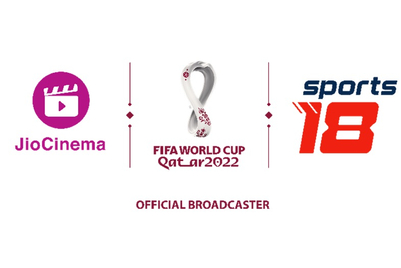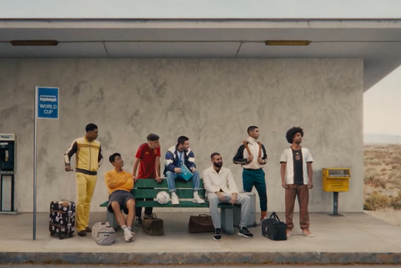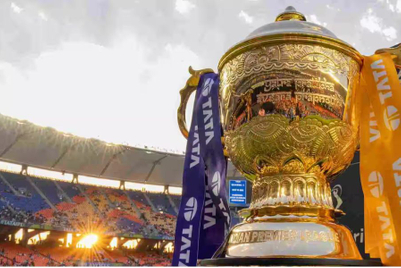
Vivo has been in the news following its staggering Rs 2,199 crore bid to secure the title sponsorship of the Indian Premier League. The deal is approximately US$ 341 million is for a period of five years, which means the smart-phone company is shelling out US$ 68.2 million per year (Rs 439.8 crore). Not bad, for a league that's been hit with 'controversies'?
According to reports, the Chinese smart-phone company is paying a similar amount on a yearly basis for the next six years as sponsor of FIFA. That makes it a total of US$ 137 million a year to sponsor these two tournaments.
Then comes the Pro Kabaddi League. According to sources the five-year deal for the second most viewed sport in India is at Rs 275 crores for 5 years, making it close to US$ 8.5 million per year. Additionally, Vivo also has sponsorship interests in sports like the NBA. The brand had also tried to get the sponsorship rights for the Indian cricket team, but had lost out to competitor Oppo. The brand got its revenge though as reports suggest that Oppo was the only other bidder for the IPL title sponsorship.
To put these investments in perspective, only Coca-Cola (US$ 100 million for London Olympics), PepsiCo (US$ 90 million per year for the NFL) and Heineken (US$ 70 million upwards for the UEFA Champions League) have paid more to sponsor an individual tournament.
We asked the experts whether this investment makes sense.
Hiren Pandit, COO, TransStadia, believes that the aggressiveness the brand showed was to make sure it got the property (IPL) which would help it get a strong foothold in the country. He says, “You have to keep in mind from where they are coming. It’s an unfair comparison to look at it from a POV from last time. If you look at it from a RoI perspective, people would think it’ doesn't really make sense. But, they’re assuming that Indians don’t know them right now, and are looking at properties like the IPL to create awareness. They were no known established brands in the race. They probably won’t need to spend this kind of money in the marketplace after this five-year deal comes to an end.”
Ramanujan Sridhar, founder and CEO, brand-comm, thinks the aggressive bid made sense. He reasons, “The bid may be staggering when you look at the absolute number. But, when you see Chinese mobile brands in India, they have a 42 per cent market share. They have clearly made an impact on the market. If you look at the IPL from a perspective of an outsider in the country, any entrant would like to take a property that’s big and reasonably risk free even if it’s at a high price.”
He adds, “The range of smart phones they offer make the entire country their target audience and a property like the IPL helps them reach out to the country. While, Test cricket had a high following during the recent India-Australia Test series, the grounds were still empty. But, in the IPL that’s not happening.”
T Gangadhar, MD, MEC South Asia, seems to be perplexed by the amount of the bid. “I am a bit surprised. The fact that were a sitting sponsor (previous title sponsors) of the IPL makes it more interesting. They (Vivo) seem to know something that we don’t. From the perspective of the brand looking to be a part of popular culture by associating with sporting properties, assoicating with the IPL does make sense.”
Sridhar indicates that other branding opportunities that may have come with the deal that include the Vivo Box on-ground, and opportunities for the brand on television may have also been the reason for the higher bid.
He surmised, “They’re also looking to stand out from all the other Chinese brands in India as they’re competing with them too. They want to out shout their Chinese competitors. So, this deal isn’t only a landmark deal for cricket and the IPL, but also for Chinese brands in the Indian market.”
Also read:


.jpg&h=334&w=500&q=100&v=20250320&c=1)
.jpg&h=334&w=500&q=100&v=20250320&c=1)

.jpg&h=334&w=500&q=100&v=20250320&c=1)


.jpg&h=334&w=500&q=100&v=20250320&c=1)


.jpg&h=334&w=500&q=100&v=20250320&c=1)

.jpg&h=268&w=401&q=100&v=20250320&c=1)



.jpg&h=268&w=401&q=100&v=20250320&c=1)


